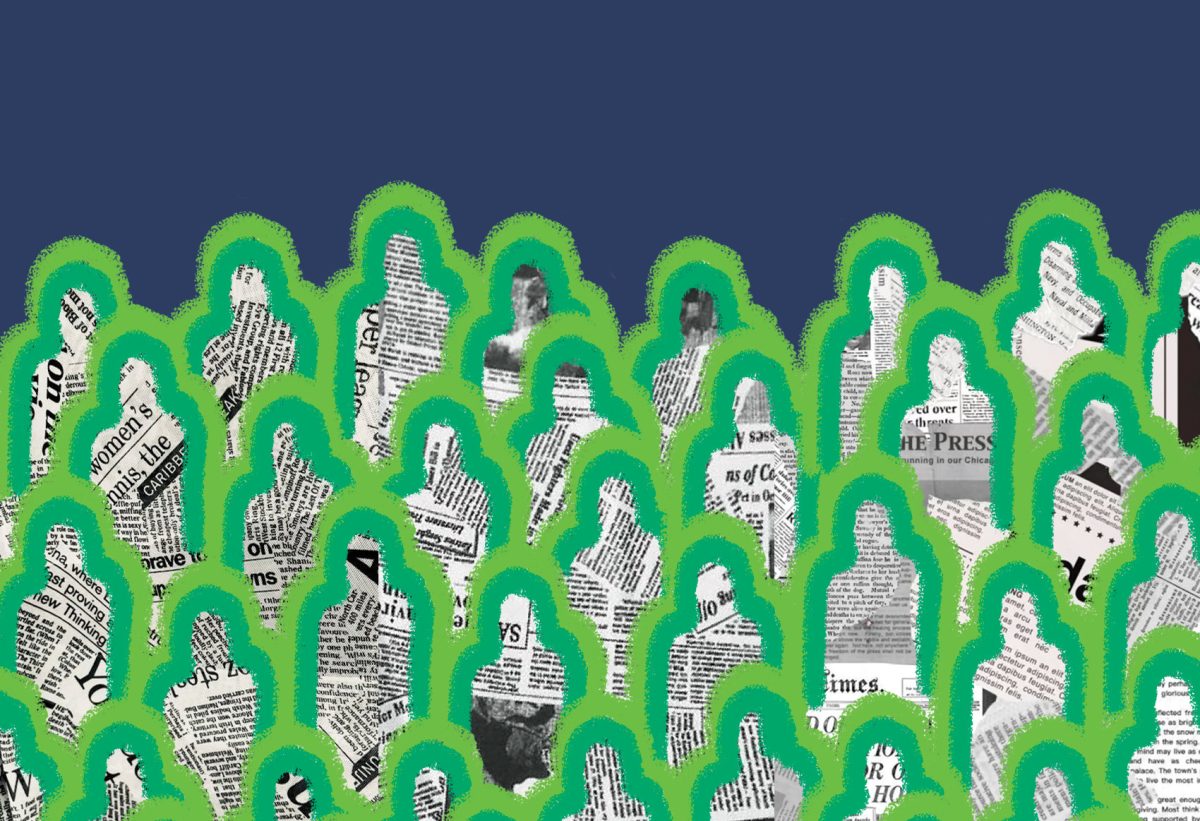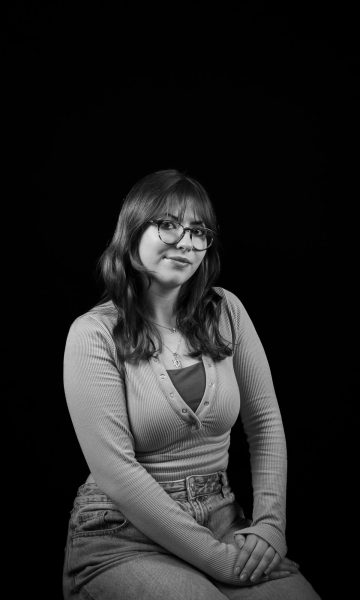2024 was the deadliest year for journalists ever recorded, according to the Committee to Protect Journalists.
Furthermore, the Israeli military was responsible for 70% of the journalists killed, the majority of which were Palestinian, according to the CPJ.
Still, Western media outlets have continuously discredited and devalued the work of Palestinian journalists reporting on the war from Gaza, often through the outright denial of their existence.
For example, in an interview on “The Daily Show” last spring, CNN’s Christiane Amanpour asserted that there were no journalists in Gaza. When host Jon Stewart rebutted, she clarified that she meant “Western” journalists.
This represents a common view I’ve encountered, that the more detached from a topic one is, the more valid their perspective is; the view of an outsider is seen as more “rational” and thus, more accurate. The journalist is a special category of civilian, who only witnesses events but can not ever experience them. That would introduce bias, of course.
We are more likely to believe bystanders over survivors; we are more likely to believe the oppressors over the oppressed.
The documentary “No Other Land” highlights the risks journalists in the region take, even in times of relative peace. The documentary follows Yuval Abraham and Basel Adra capture the experiences of Palestinians facing the destruction of their homes by the Israeli army, over four years leading up to October 2023.
“No Other Land” won the Oscar for best documentary this year, marking a historic moment as co-director Basel Adra became the first Palestinian filmmaker to win an Academy Award, according to a March 3 Al Jazeera article.
I was lucky enough to have had the chance to see it at a screening on campus just a few days before the Oscars.
When I entered the repurposed lecture hall, I was shocked to see so many people — friends, classmates, faculty and members of the greater Burlington community — seated in Billings Ira Allen Lecture Hall to watch a documentary on a Friday night.
They were probably there for the same reason as me: despite the documentary’s widespread success and acclaim, “No Other Land” failed to find U.S. distribution due to its inherently political nature.
The documentary has been criticized by the Palestinian Campaign for the Academic and Cultural Boycott of Israel for violating the Boycott, Divestment and Sanctions’ guidelines against normalization.
Regardless of my opinion on PACBI’s decision, I understand that, as a Jewish Israeli, my voice is often given more weight than others’ when it comes to issues regarding the Israeli occupation of Palestine.
While it is generally understood my connection to the region plays a valuable role in informing my perspective, the same respect is not extended to Palestinian voices.
The lack of personal connection is often confused with the absence of bias, rather than what it actually represents: the presence of privilege.
Palestinian journalists, like Basel Adra, don’t have the privilege of detachment.
At one moment in the documentary, Adra points this privilege out to Abraham: as an Israeli, Abraham can enter and exit the West Bank as he pleases, while Adra and other Palestinians living in the West Bank are prohibited from entering Israel’s borders.
Israeli collaboration was key to the film’s international success and acclaim. In this way, the success of “No Other Land” is not an exception to the rule but instead proves it. Viewed through Western eyes, the involvement of Israelis, like Yuval Abraham, serve to validate and confirm the Palestinian perspective.
Now more than ever, we must combat our own biases, recognize the value of grassroots journalism and amplify the voices of marginalized communities.
The Vermont Cynic accepts letters in response to published material, as well as any issues of interest in the community. Please limit letters to 350 words. The Cynic reserves the right to edit letters for length and grammar. Please send letters to cynicalopinion@gmail.com.














